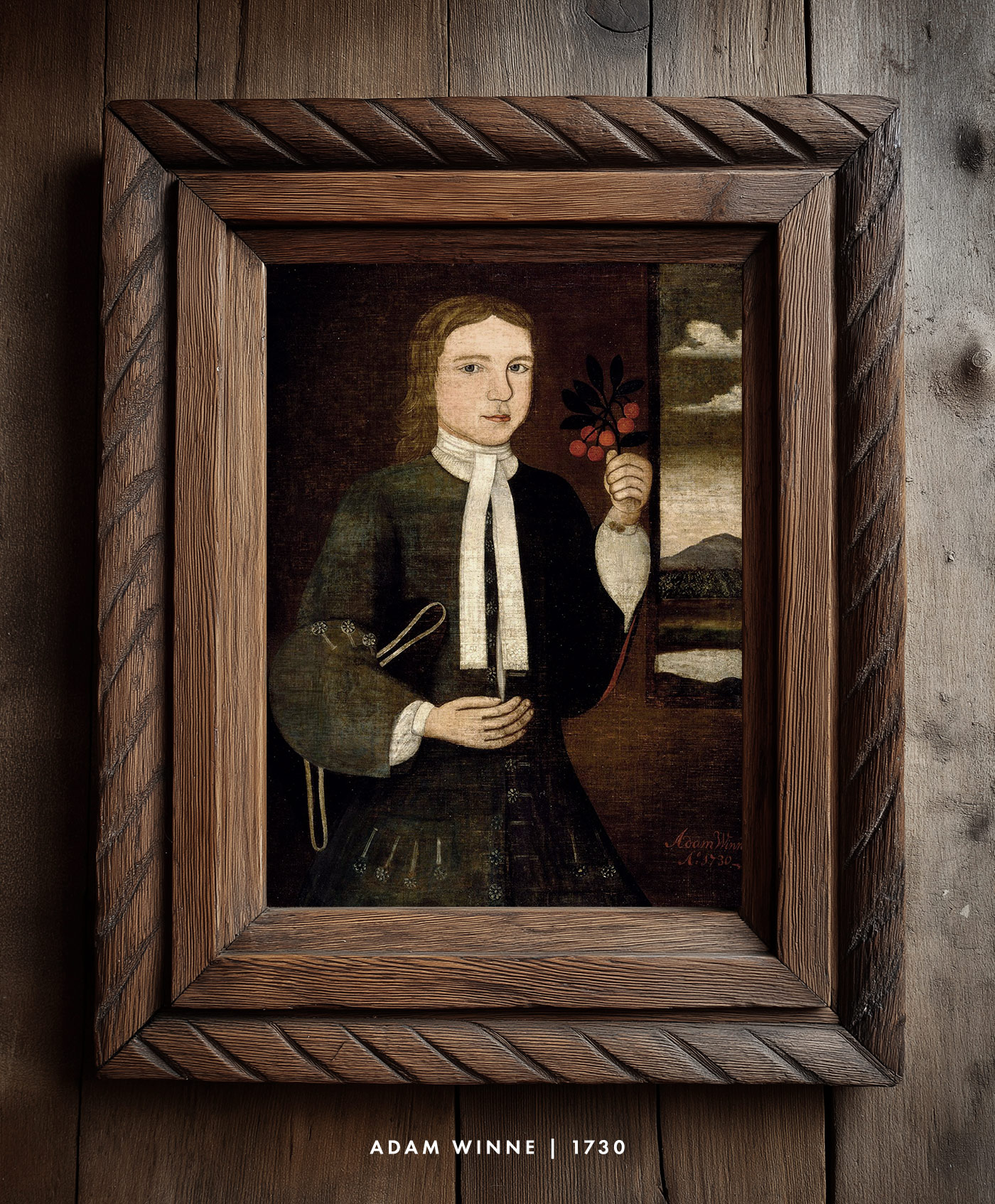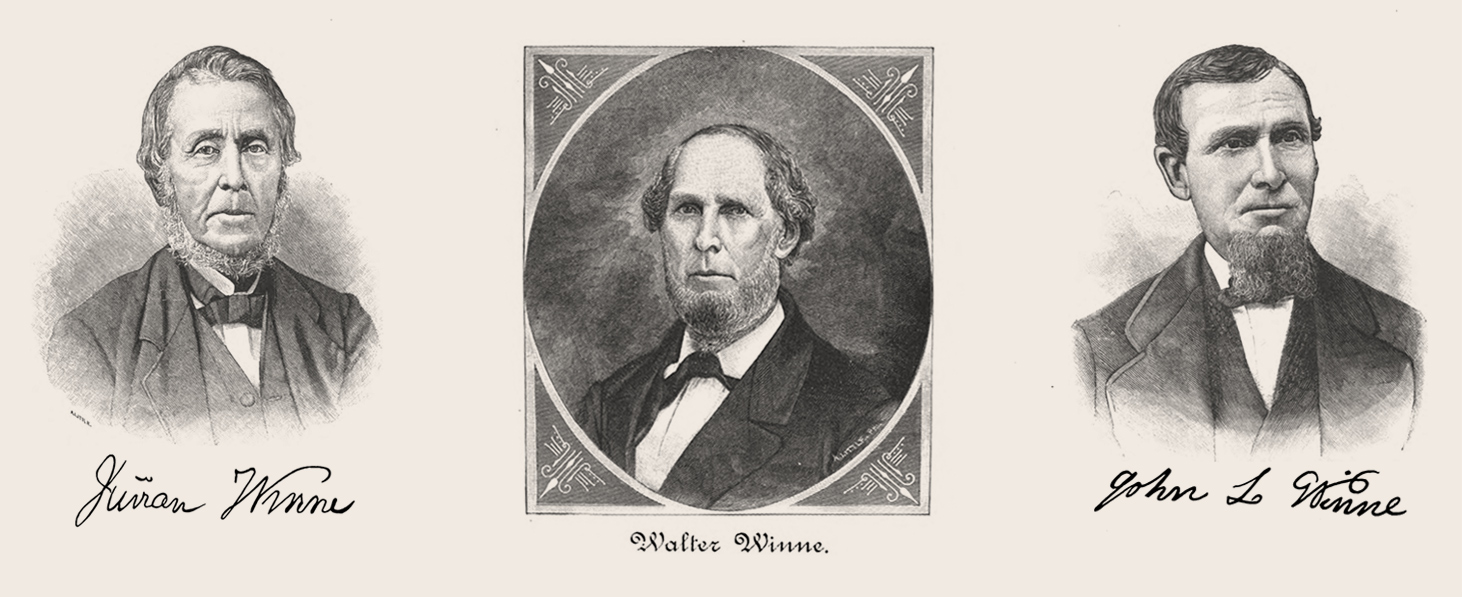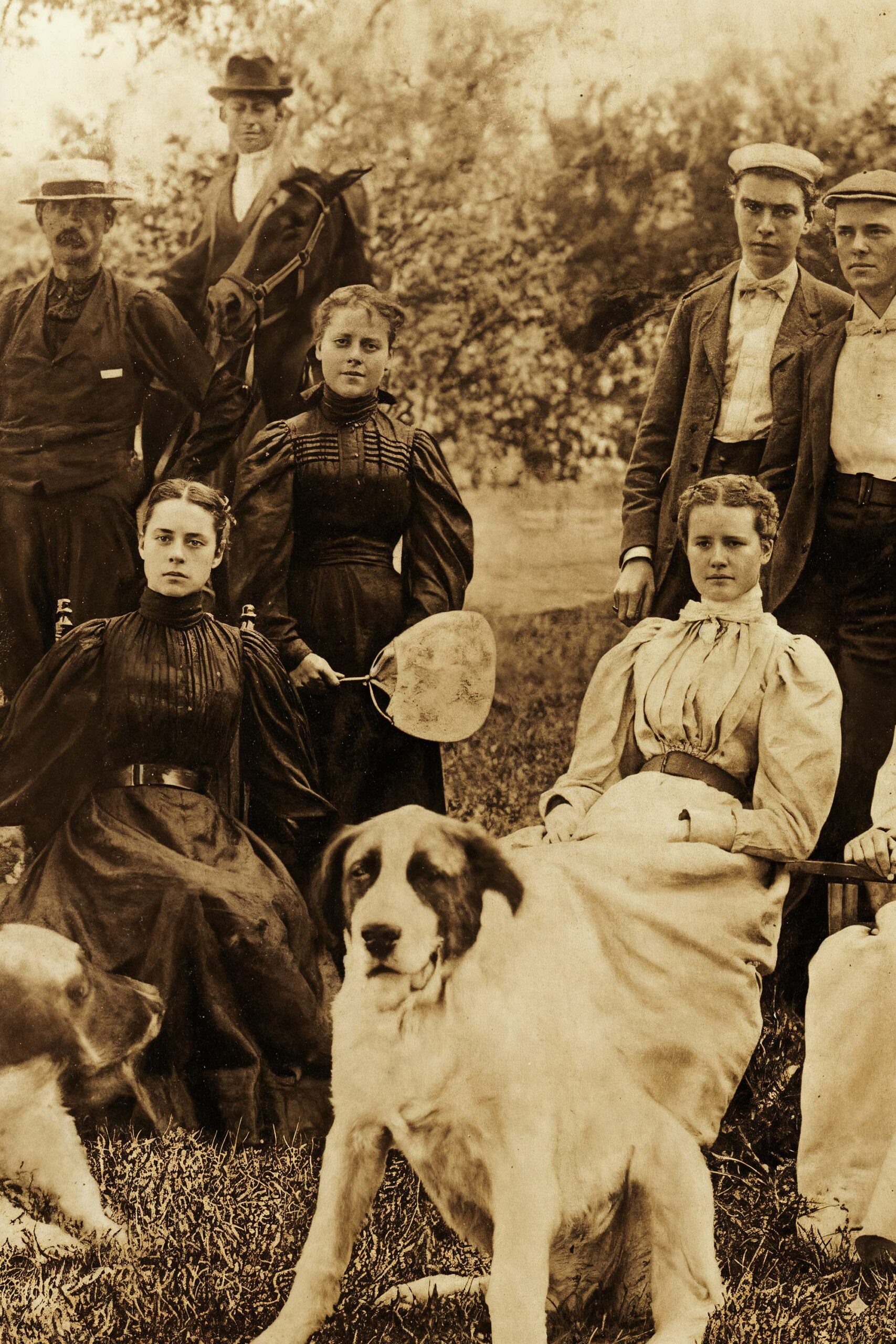The Winne family’s journey in America began with Pieter Winne, a determined settler from Ghent, Flanders, who arrived in the Dutch colony of New Netherland in the mid-17th century.
The Winne family is a North Frisian clan dating back to around 3,000 B.C., to Denghoog on the island of Sylt, thus being one of the oldest families on the face of the earth. They migrated into Germany, Leeuwarden, Netherlands and then to Ghent, Flanders before making their way to America. Our story begins with Pieter, the Patriarch of the American Winne family.
Seeking opportunity in the New World, Pieter first settled near Fort Orange, in what is now Bethlehem, Albany County, New York, around 1652. As one of the early European pioneers in the region, he embraced the challenges of colonial life, securing land and establishing himself as a farmer. His days were spent cultivating the fertile soil, forging relationships with both Dutch settlers and indigenous peoples, such as the Mohawk, from whom he received land deeds. Beyond farming, Pieter’s resourcefulness and community involvement saw him rise to prominence, eventually serving as a local judge and leaving an indelible mark on the region’s early development.

Pieter was married twice, first to Aechie Jans van Schaick, with whom he had at least one son, Pieter Pietersz Winne, born around 1643 in Curaçao before the family relocated to New Netherland. After Aechie’s death, Pieter married Tannetje Adams, a woman from Leeuwarden, Friesland, with whom he had a large family. Together, they raised twelve children: Adam, Livinus, Frans, Allette, Killiaen, Tomas, Lyntje, Marte, Jacobus, Eva, Daniel, and Rachel. This growing brood became the foundation of the Winne legacy, each contributing to the family’s expanding influence in colonial America. Pieter’s will, drafted in 1684, reflects his commitment to providing for his children, ensuring their education and trade skills to secure their futures.

From these early roots, the Winne family cultivated a enduring legacy of farming and entrepreneurship that shaped their identity in the United States. Pieter’s agricultural beginnings near Albany laid the groundwork for generations of land stewardship, with descendants like Daniel Pieter Winne continuing to build and innovate. The family’s entrepreneurial spirit extended beyond the fields, as they became builders and landowners, contributing to the growth of communities in Albany and Bethlehem.
The Winne family’s commitment to liberty and justice emerged powerfully during the American Revolution. Deeply tied to the patriot cause, nine brothers from the family served in the Albany County Militia 3rd Regiment, aligning themselves with the Sons of Liberty—a group dedicated to resisting British oppression. Their involvement was so significant that in the summer of 1783, General George Washington visited the Winne Farm to personally thank the family for their service, staying for two nights in what is now known as the George Washington Bedroom. This connection to the fight for independence underscores the family’s role in shaping the nation’s early history. Their legacy continued to intertwine with American leadership through ties to Martin Van Buren, the 8th U.S. President, whose great-great-grandfather married Tannetje Adams Winne in 1693.

Through farming, entrepreneurship, and a fierce dedication to freedom, the Winne family has left an enduring imprint on the United States. From Pieter’s first steps on New Netherland soil to the battlefields of the Revolution, their story is one of resilience, innovation, and patriotism—a heritage that continues to inspire and resonate today.


